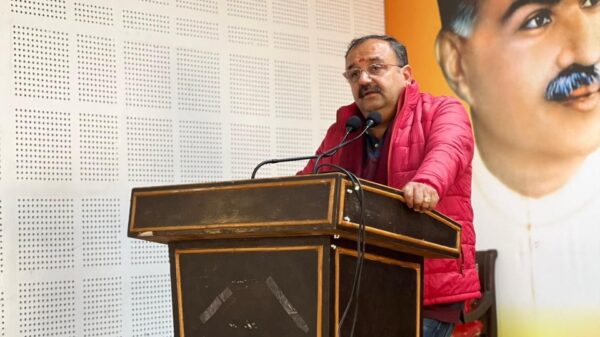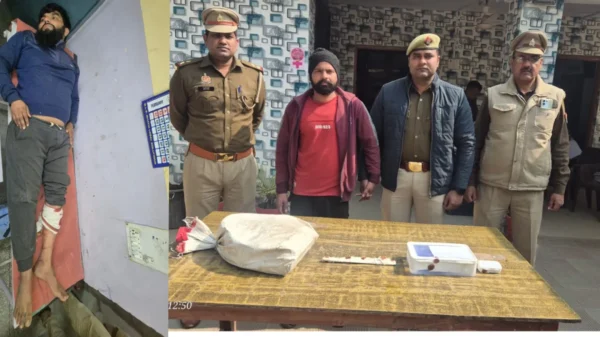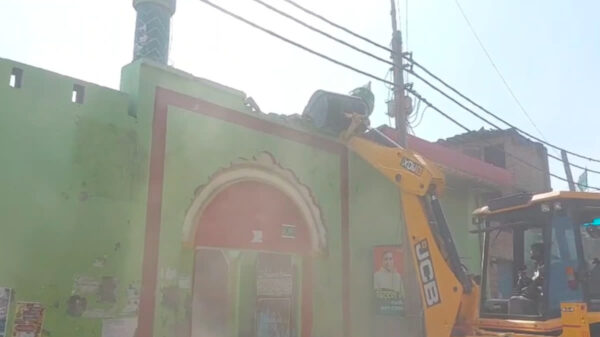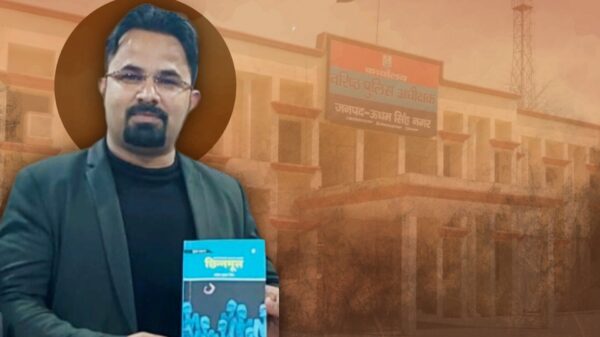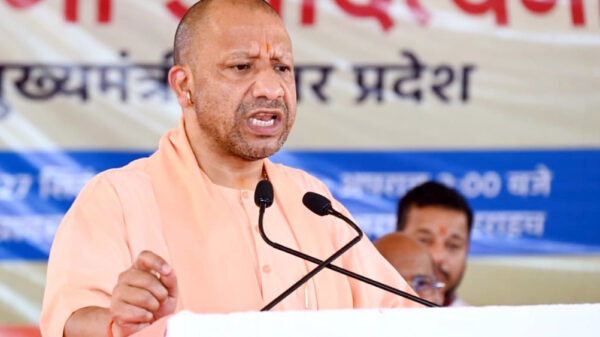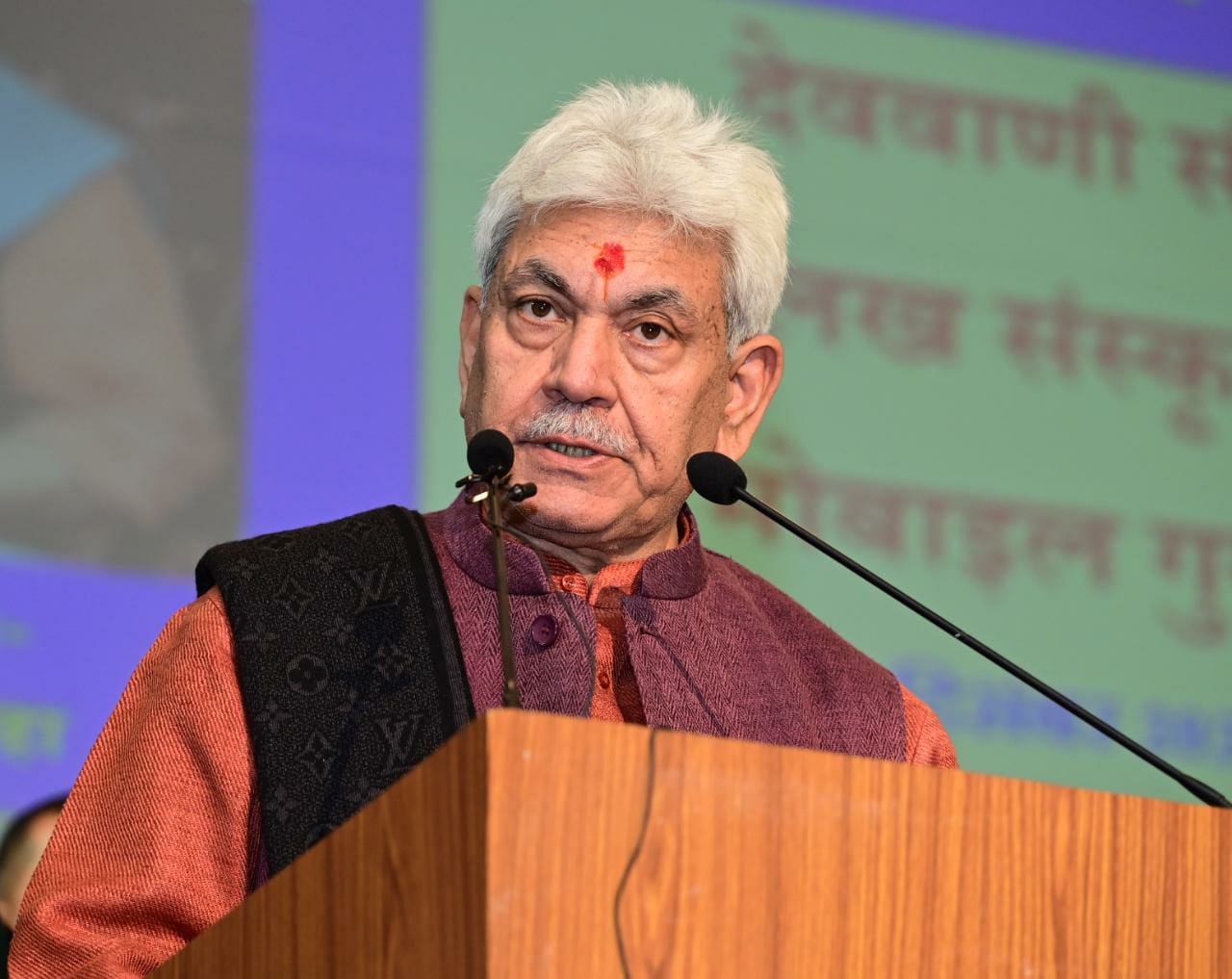Opposition leaders in Jammu and Kashmir are demanding a thorough inquiry after a Dalit government official, Ashok Parmar, came forward with claims that he was terminated by the Union Territory administration for raising concerns about irregularities in a critical drinking water scheme.
The controversy has taken a new turn as Parmar, an Indian Administrative Services officer holding the rank of principal secretary, revealed a pattern of harassment and transfers in his recent official complaint.
Parmar disclosed that he has been transferred an astonishing five times within the past year. As per his complaint filed with the National Commission for Scheduled Castes, Parmar asserts that these transfers were seemingly punitive measures aimed at suppressing his efforts to bring attention to irregularities plaguing the Jammu and Kashmir Jal Shakti Department.
According to Parmar, his ordeal began in May 2022 when he was appointed as the Principal Secretary of the Jammu and Kashmir Jal Shakti Department. During his tenure, he raised concerns about the sluggish progress in the implementation of the Jaljeon Mission drinking water scheme. He said that his commitment to transparency and accountability led him to point out discrepancies in the allotment of works related to the scheme.
Parmar’s complaint further alleges that certain officials were misinterpreting a clause that allowed contractors to undertake only two works at a time. This misinterpretation, according to Parmar, led to a skewed allocation of contracts, potentially compromising the efficiency and fairness of the scheme.
In an even more concerning claim, Parmar accuses Lieutenant Governor Manoj Sinha of an incident that transpired on June 6, 2022, where he was allegedly thrown out of a meeting room. Parmar contends that this act was a deliberate attempt to harass him unjustly.
Reacting to these serious allegations, opposition leaders in Jammu and Kashmir have united in demanding an immediate and impartial inquiry into the matter. They said that there’s a need to ensure the protection of whistleblowers like Parmar, who are striving to uphold transparency and accountability within government departments.






